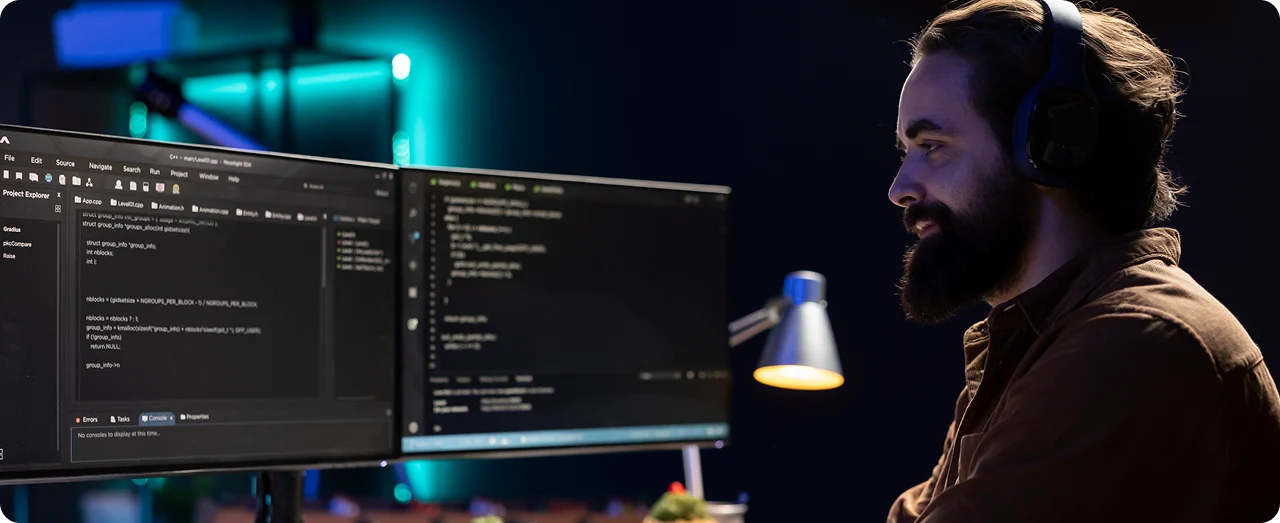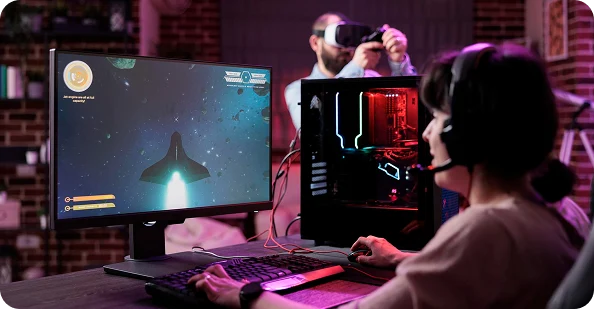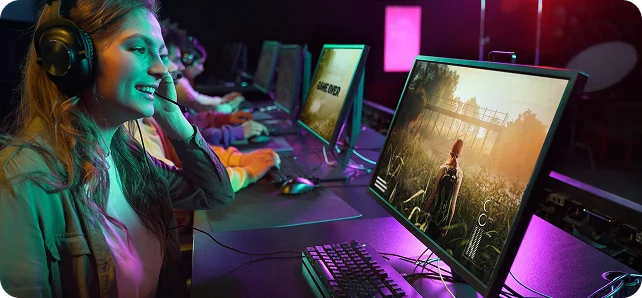Welcome to the Meta Level
Where language becomes the game, and reviews become play.
The internet is full of people talking about games — but who’s listening to how they talk? At bloggi.site, we explore the unspoken systems that govern gaming discourse:
- Why certain words go viral
- How review tone shapes reception
- What is lost in translation
- When platforms censor nuance in favor of speed


Where the Reviews Are Going
TikTok blurbs. Substack essays. Discord manifestos. Game writing
has scattered.
The era of “one site for all reviews” is over. We map the
migration of gaming opinion across platforms, tracking how tone
and format evolve.
-

Short-form video
Faster emotion, less context
-

Substack / Medium
Return to essay form, personal voice, no rating
-

Reddit / Discord
Ephemeral consensus built on cultural in-jokes
-

Academic portals
Slow, precise, largely ignored by mainstream
You can explore our platform tracker via our research partner: BlogTrends.io

The Words That Shape
Gaming Perception
Genre labels have become vibes — and vibes are vague.
When a game is called “cozy,” what does that mean?
We
collect and contrast uses of genre and tone-defining words
across hundreds of reviews to show how their meanings mutate:
-
#1
Cozy” is now applied to grindy resource games
-
#2
Roguelite” includes anything with checkpoints
-
#3
Narrative-driven” is often code for “no combat
This isn’t a complaint — it’s a chronicle.
bloggi.site
visualizes how gaming language bends around culture, marketing,
and platform pressure.

Voices Worth Hearing:
A Monthly Map of Critics Changing the
Form
Writers, streamers, developers, poets — who’s defining how we
think about games now?
We spotlight 3–5 emerging or under-read critical voices per cycle.
Examples from recent curation:
-
Lina Okutsu (JP)
Translates indie games into visual haiku + layered reviews

-
Fatih K. (TR)
Analyzes mechanics as ritual language in Soulslikes

-
MarbleTutor
Twitch streamer who dissects color palettes instead of gameplay


The Same Game, Five Languages, Five Tones
Translation isn’t just about words — it’s about what emotions are considered legible.
We take one game per month and compare how it’s reviewed in different languages.
- 🇺🇸 English: “Existential wonder”
- 🇯🇵 Japanese: “A scientific dream in ghost form”
- 🇩🇪 German: “Cinematic recursion simulator”
- 🇪🇸 Spanish: “A question with no answer, floating in time”
- 🇫🇷 French: “The sadness of understanding too late”
This multilingual map reveals not just linguistic variance, but emotional frameworks embedded in cultural discourse.
bloggi.lex — A Living Glossary of Gaming Review Vocabulary
- Why certain words go viral
- “Addictive” — Framed positively, even when describing burnout loops
- “Immersion” — Lacks clear source; can mean visuals, story, or frictionlessness
- “Loop” — Refers to mechanics, but rarely explained
Examples from our living lexicon:
- First known usage in game media
- Current debates around the term
- Suggested alternatives
- Reader commentary + language notes
Each term includes:

Partnered With LudoGloss.tools
What Reviews Feel Like: Emotional Semantics in Game Writing
Are most reviews joyful, cautious, aggressive? We chart sentiment,
not stars.
We built a tool to analyze mood markers in review language.
Findings from 400+ samples:
- Indie reviews skew toward soothing, poetic, vague
- AAA reviews are more technical, combative, quantified
- Mobile game reviews use commercialized tone ("worth it", "value", "grind-y")
- Japanese reviews use internal emotional markers ("I felt...", "My timing broke...")

Lost Texts: Resurfacing Reviews That Disappeared

Old blogspot pages, deleted Tumblr posts, dead game sites — preserved here.
We collect, snapshot, and re-annotate reviews that have vanished. Whether it’s a 2006 fanblog about Morrowind’s water physics or a Medium post erased after layoffs, bloggi.site rescues the margins.
- Original URL (if available)
- Date, tone, formatting notes
- Reflection: what this piece shows us now
Each recovered review includes:
Preserving review culture is cultural preservation.
Want to Review a Review? Send Us a Fragment
We accept linguistic critiques, tonal diagrams, jokes, and
fragments. No structure required.
bloggi.site is a collective reader of game language. You can
contribute:
- Word maps
- Essays on language misuse
- Critiques of marketing tone
- Parallel translations
- Review poetry
Email or submit via form. You’ll be credited or remain anonymous — up to you.
